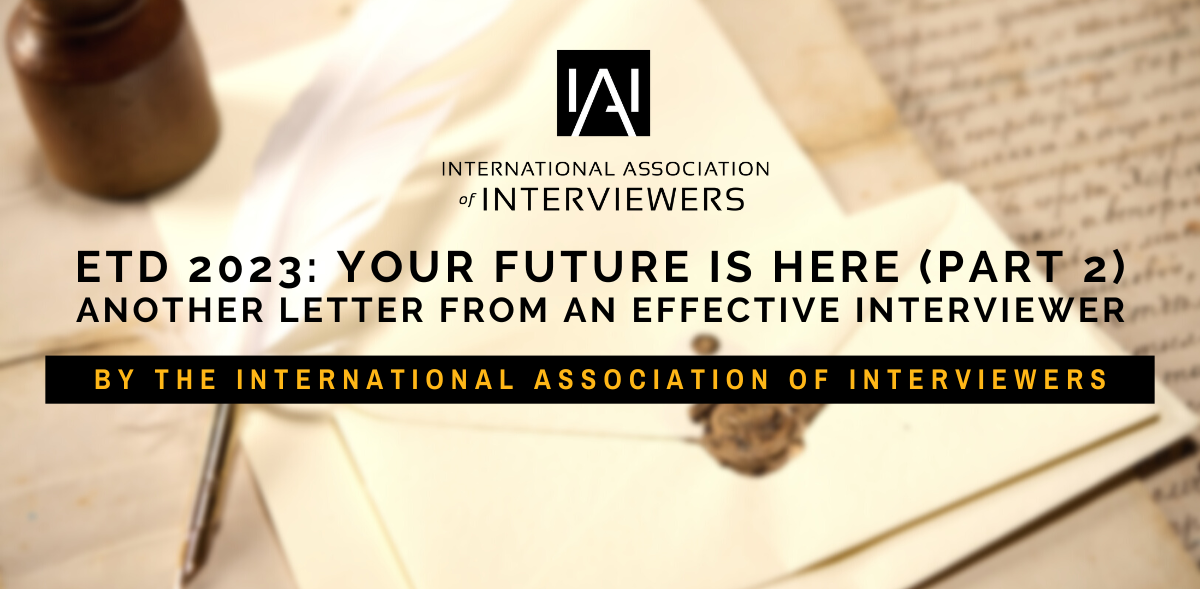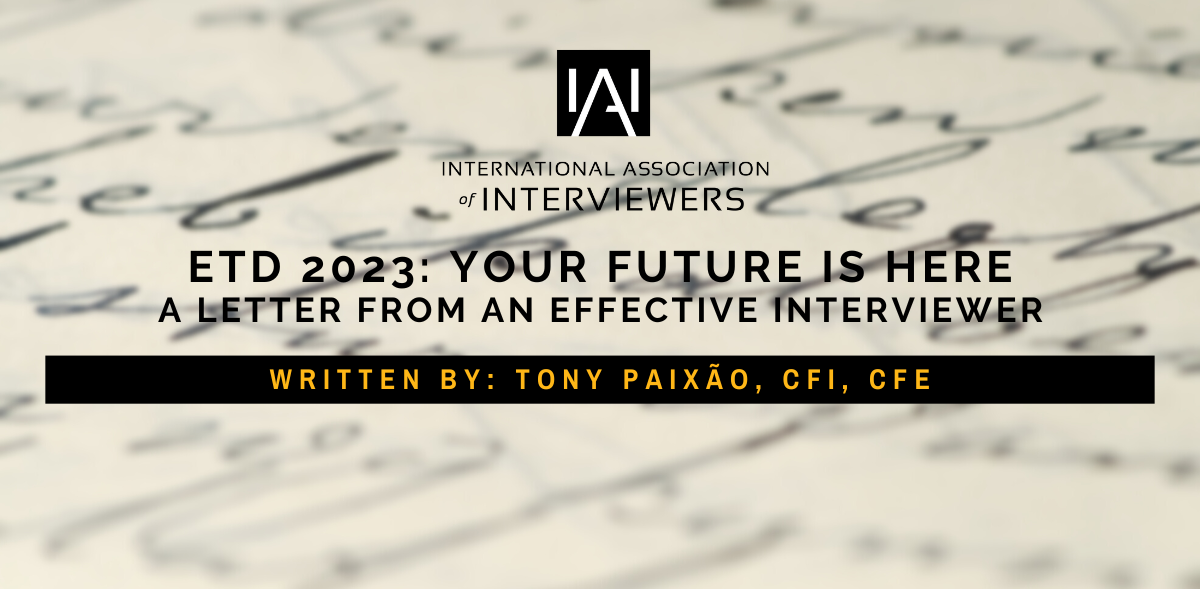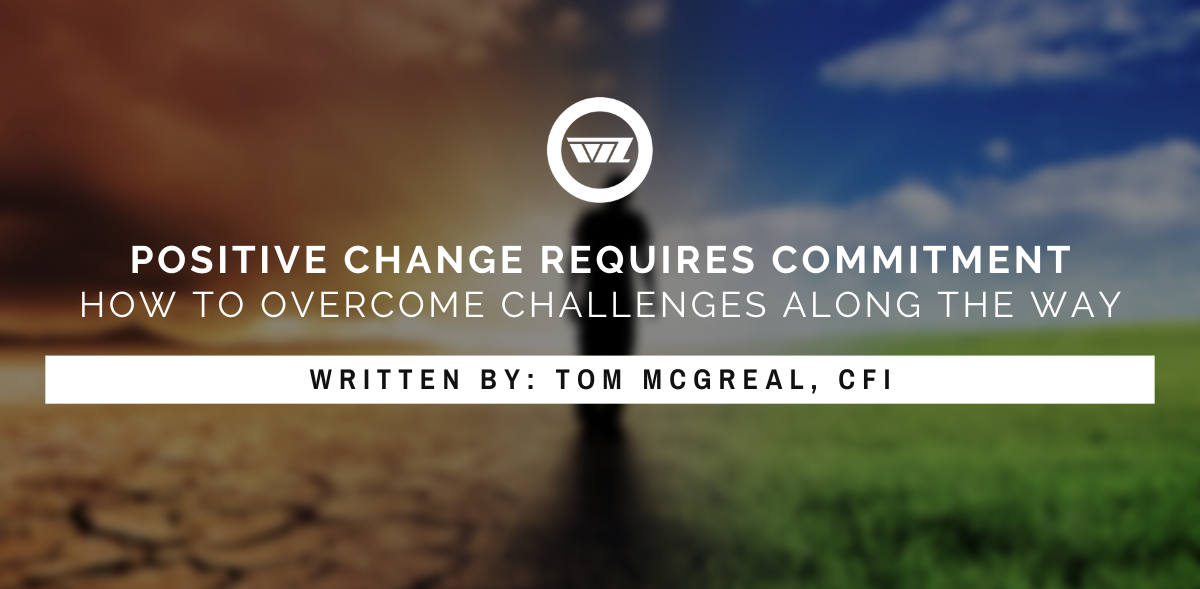What do you do for a living? A question we have all received, but probably all answer differently. In some way, shape or form, we attempt to tell people that we are professional interviewers in some capacity. After answering this question several times myself, I thought I would highlight 5 characteristics that make an individual stand out truly as someone elite in this profession.
If you consider yourself a professional interviewer, especially if you’ve been doing this for a long time, take a step back and evaluate what actually sets you apart. The amount of interviews you’ve completed, or how long you’ve been in your position doesn’t necessarily make you a professional.
- Our goal is the truth.
- All too often when we discuss interviews or interrogations we are so focused on the alleged guilty party that we have tunnel vision towards an admission or a confession. A professional interviewer understands that sometimes your prime suspect is innocent, or has a legitimate explanation for the evidence against them. Leaving the interview with the truth, regardless of what it may be, should be the goal of a professional.
- It’s not just about the Interview.
- The skills we normally use to describe a good interviewer have to do with the actual conversation, the rationalization and the accusation. However, a professional takes the same amount of pride in their pre-planning and their completed case file. A professional interviewer takes the appropriate time to complete their investigation and develop a strategy. A professional also puts just as much value into the written statement, and their completed case report as they do to the actual conversation.
- We solicit feedback.
- Realizing that you always have more to learn, and could’ve done a better job takes a humble and realistic professional. Even after a successful case, a professional interviewer seeks feedback on the process and on the written statement in an effort to become better at their craft. Reviewing your interview through video, audio, witness notes or just by talking it out with your boss or coworker will make you a better interviewer. Professionals still need to practice and develop.
- We expand on what we already know.
- It takes a certain skill to obtain the initial admission, even if you have overwhelming evidence. However, a professional interviewer often will walk out of the conversation with admissions to acts they were initially unaware of, a list of names of other involved parties, and possibly additional evidence that could be used to further substantiate the admission. Professional interviewers may enter the conversation with an initial suspicion, but understand the importance of opening every door and leaving no stone unturned. Knowing the importance of identifying root causes, operational deficiencies or other issues during the interview is something that separates the amateur from the professional.
- We take pride in being elite.
- Like all professions, being able to separate yourself from the rest of the field takes initiative, continued education and proving through results or measurements that you are elite. There are many avenues to obtain continued education, achieve levels of excellence or further your knowledge in any profession. In the field of interviewing we recommend accreditations like the Certified Forensic Interviewer (CFI), or being associated with groups such as the International Association of Interviewers (IAI). A true professional stands out in their field of expertise and isn’t afraid to have those skills tested. For more information on obtaining your CFI or joining IAI, please visit www.certifiedinterview.com.
What else do you consider as something that makes you a professional in this field? What would you add to the list?
David Thompson, CFI, is the President of Wicklander-Zulawski & Associates, Inc. (WZ). He is responsible for the day-to-day operations of WZ, as well as strategic planning and the evolution of interview and interrogation content. David has also served as the Director of Investigations giving him the opportunity to manage a variety of cases while conducting interviews and consulting on investigations ranging from theft and fraud to sexual harassment and homicide. As a speaker for WZ, David has created customized training programs, presented at seminars, hosted a variety of webinars as well as conducted live broadcasts of training.




